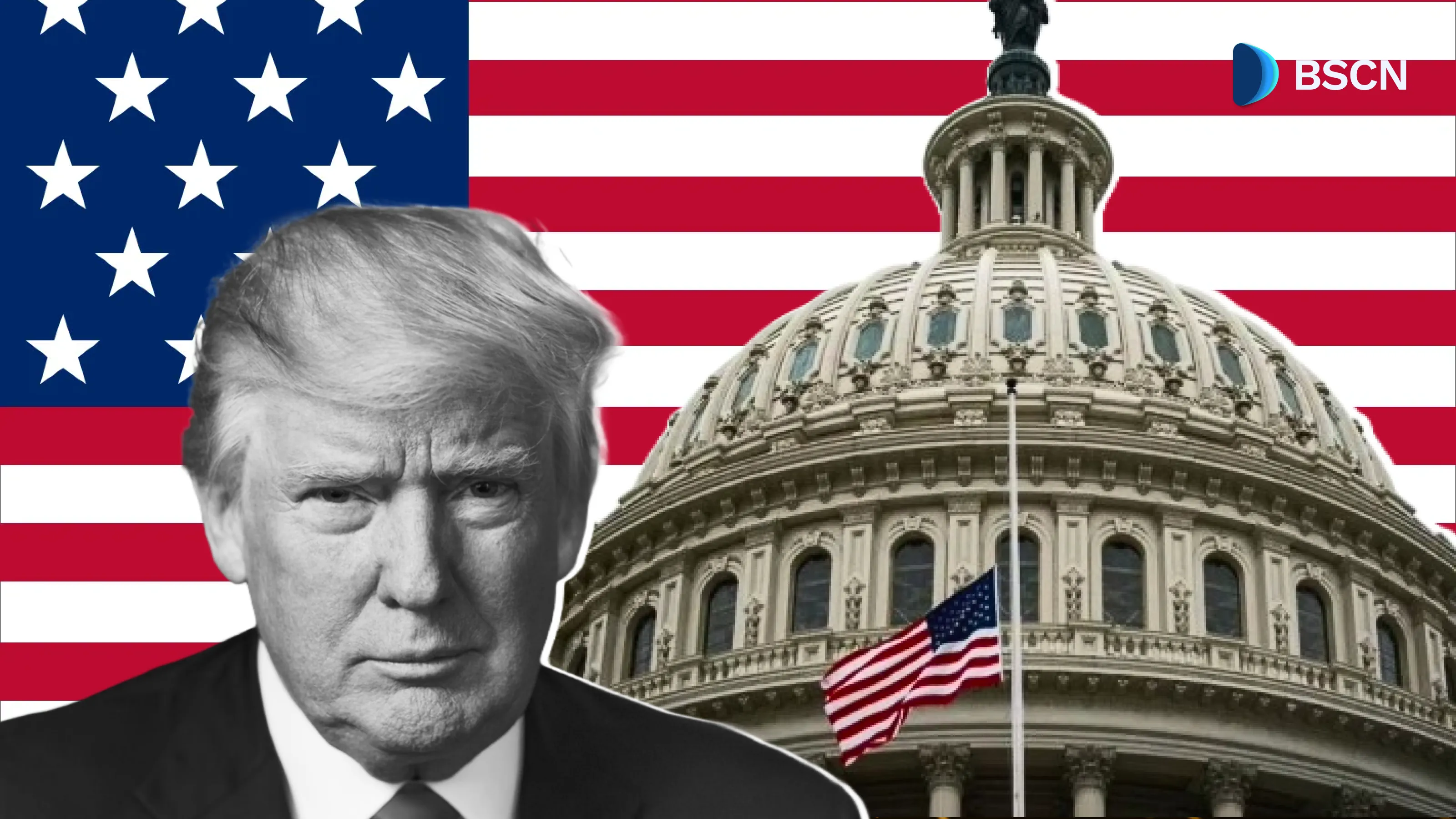WEB3
CEXes vs DEXes: Regulatory Compliance

The behavior of DEXes and CEXes is different, and their role in blockchain and DeFi serve various products and services for different motivations.
BSCN
November 1, 2022
Centralized Exchanges (CEX) and Decentralized Exchanges (DEX) operate differently regarding regulation.
Here is how the two differ.
Why Regulate Exchanges?
Crypto Exchanges deal with valuable virtual assets, which makes them a threat to the financial ecosystems. Crypto Exchanges can act as a non-state off-ramp for criminals to whitewash money to make it appear legitimate Financial malefactors can target them for this reason.
These wrongdoers range from scammers, inside traders, and hackers to market manipulators. Governments should regulate exchanges to avoid such entanglements and protect users.
How Do CEXes and DEXes Differ in Regulatory Needs and Compliance?
CEXes and DEXes have different governance structures. This difference is explained in a recent BSC News article. These structures can be huge factors in determining fraud risks. Here is how exchanges differ in regulatory compliance.
- CEXes must be regulatory compliant due to their governance structure and must have licenses before operating in certain countries.
- CEXes are also more KYC (Know Your Customer) and AML (anti-money laundering) regulatory compliant, as some countries like the US cannot allow them to operate without them.
- CEXes can also censor, block, and delete accounts that bypass regulatory measures or are involved in questionable practices. DEXes are wont to more liberal user access and seldom restrict users.
- DEXes do not have any leadership to be prosecuted and are mostly not compliant with trading and securities rules––unlike CEXes.
- DEXes exist to operate outside the purview of regulators and are usually not backed by any explicit fund recovery when a hack or exploit occurs.
CEXes, despite being more regulatory compliant than DEXes, are involved in more prominent financial misdoings. Overall, CEXes need more oversight to protect users and prevent criminal wrongdoing. DEXes exist to behave outside of regulatory compliance, and users must acknowledge the risks when engaging with any DEX.
Latest News
Crypto Project & Token Reviews
Project & Token Reviews
Comprehensive reviews of crypto's most interesting projects and assets
Learn about the hottest projects & tokens








